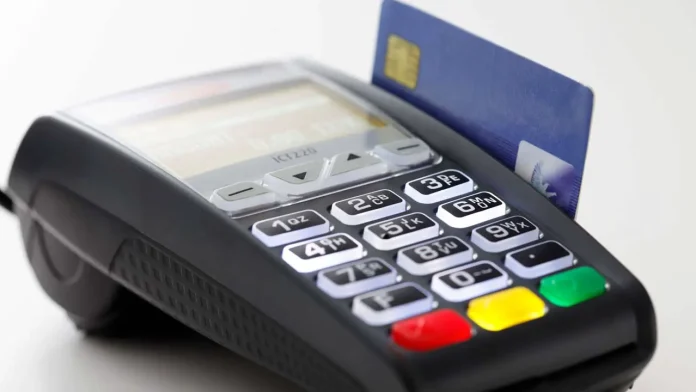As the year comes to an end, many Nigerians struggle to access cash due to empty Automated Teller Machines (ATMs) across Lagos and other parts of the country. Inside banks, customers face similar difficulties, with some being turned away or limited to withdrawals of ₦10,000 or ₦20,000.
This situation persists despite the Central Bank of Nigeria (CBN) warning banks to ensure ATMs dispense cash or face penalties.
“It is frustrating. I have visited three banks today, and none of them has cash. How are we supposed to celebrate the season like this?” says Bright Joseph, a Lagos resident.
With limited options, many Nigerians rely on Point of Sale (PoS) operators, who have raised transaction fees significantly. A typical withdrawal of ₦5,000 now attracts a fee of ₦500 in some areas, a sharp increase from the usual ₦100 or ₦200. For higher amounts, charges are even steeper.
“I needed ₦10,000 yesterday, and the PoS operator charged me ₦1,000. It is unfair, but I had no choice,” says Benjamin Idowu, a civil servant in Ogba, Lagos.
The situation is particularly challenging for those who depend on cash for transportation, feeding, and daily transactions.
Although no official explanation has been provided, some experts attribute the cash scarcity to a combination of hoarding for festive spending and efforts by the CBN to push digital transactions.
A bank official, who chooses to remain anonymous, suggests that reduced cash disbursement from the CBN is a major factor. “The CBN has not been supplying enough cash to banks, and customers are not depositing much either. If we don’t get enough cash, how do we pay our customers? Banks don’t print money,” he says.
The official speculates that the shortage could be part of a deliberate plan to limit cash circulation, adding, “Why has no bank been penalized for failing to dispense cash?”
There are allegations that PoS operators may be working with banks to create artificial scarcity, but many operators deny such claims.
Olawale Michael, who runs PoS shops in Ikeja, explains, “We don’t get cash from banks anymore. Instead, we work with market traders who give us cash from their daily sales, and we transfer money to their accounts. This arrangement benefits both sides and saves them the hassle of going to the bank.”
Another operator, Nkechi, reveals she sources cash from a nearby fuel station and pays a premium for it. “People complain about the charges, but we also pay extra to get cash. If banks were dispensing, our charges would go back to normal,” she says.
In September, the CBN vowed to sanction banks that fail to dispense cash through their ATMs. Governor Yemi Cardoso assured Nigerians that the apex bank has put monitoring systems in place to ensure compliance.
However, no penalties have been reported so far, and ATMs across the country remain empty, leaving citizens to cope with the ongoing cash shortage as the year ends.













